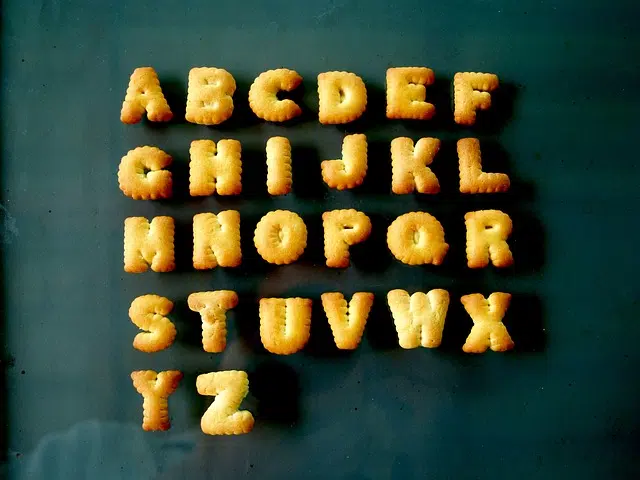
Spelling regulates writing.
From the Latin orthographia , spelling is the set of rules that regulate writing . It is part of normative grammar as it establishes the rules for the correct use of letters and punctuation marks.
Orthography is born from a convention accepted by a linguistic community to preserve the unity of the written language . The institution in charge of regulating these norms is usually known as the Language Academy .
Purpose of spelling
Spelling rules, in general, do not have a direct relationship with the understanding of the text in question. For example: if a person who is fluent in Spanish reads a sentence that states “Life expectancy is growing worldwide” , he or she will have no problem understanding the statement. Its correct spelling, however, is “Life expectancy is growing worldwide” and it certainly conveys the message in a cleaner and more direct way, since it avoids the reader having to go through the correction process.
Spelling, in short, helps to standardize a language , something that is very important when there are different dialects in the same territory. It is worth mentioning that the rules of spelling are taught during the first years of primary education.
In some languages, spelling rules are based on phonemes (mental abstractions of speech sounds), as is the case in Spanish. Other languages opt for etymological criteria (i.e., they refer to the origin of words), a situation that promotes divergence between the writing and pronunciation of words.
Debate on its usefulness
Many world-renowned writers have called for the abolition or at least simplification of spelling rules. One of them was the Colombian Nobel Prize winner, Gabriel García Márquez . This, however, raises a number of questions and potential problems that no one has been able to fully resolve.

Dictionaries help you know how to spell words correctly.
Our language has the characteristic of being spoken in many countries, located on more than one continent, and this has a direct impact on the variety of accents and regionalisms. This can be considered as a positive and enriching aspect, or as a source of confusion that constantly and unfailingly attacks its principles, tearing apart its structure year after year and stripping it of its beauty, in pursuit of the incorrect adoption of foreign terms that are poorly pronounced and poorly understood.
First, we can talk about the letters s and z ; in some cities, they are pronounced differently, which makes it easier to remember when each one is used (the most common examples are the words “house” and “hunt”). However, there is a much higher percentage of populations that do not distinguish between them phonetically, whether they pronounce both as an s or as a z . Closely related to them is c , which can be read as a k or as a z , in the combinations ca , co and cu or ce and ci , respectively.
Spelling, education and technology
We live in an age where writing by hand is no longer necessary , and this distances us considerably from language; as if that were not enough, all the devices we use to process text are prepared to assist us, either by correcting our mistakes or by preventing us from making them, thanks to their function known as "autocomplete". The decline that spelling is suffering cannot be justified by technological advances, just as the cinema cannot be blamed for juvenile delinquency.
In both cases, the problem lies in education , which is the basis on which living beings rely to make decisions. If we are not taught in time the importance of correct spelling, the great difference that exists between a rich and well-written text and an almost random succession of pseudo terms without punctuation marks, then technology will represent our only chance of keeping alive a legacy that has accompanied us for centuries.
